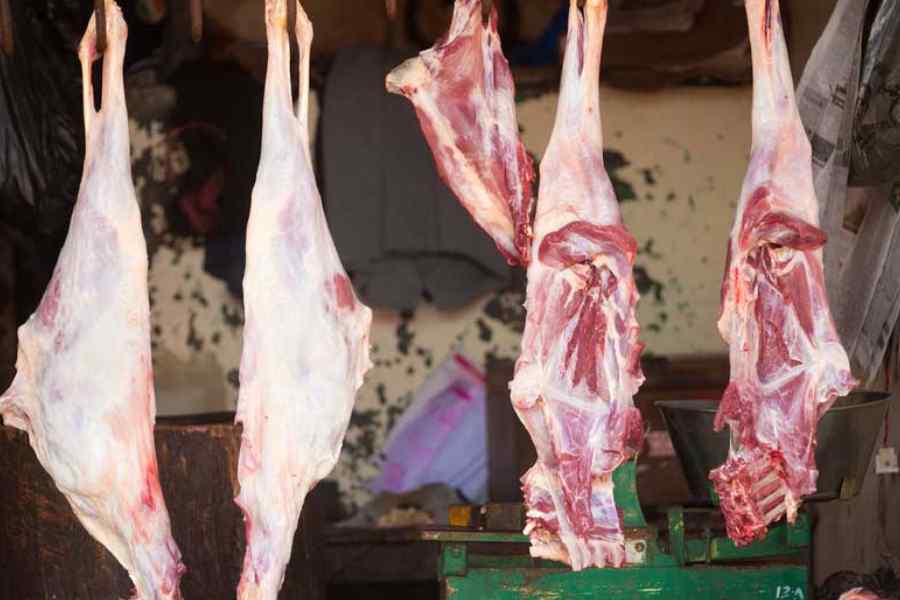The department of food security and drug administration in Uttar Pradesh has imposed a state-wide ban on the “production, storage, distribution, and sale of halal-certified food products”. The ban has been imposed citing allegations of the issuing of forged certificates to incite animosity.
There have been several anti-halal campaigns demanding the boycott of halal products. Much of the stigmatisation of halal can be attributed to prejudiced perceptions regarding the process. Halal pertains to the preparation and the manufacturing of meat in compliance with the dietary stipulations as mandated by the Quran. Anirban Sengupta and Yusuf Hassan have also argued that halal products overlap with environmental and sustainability issues. The state government should have conducted a detailed analysis to gauge consumers’ perceptions about these products before introducing the ban.
The alleged misuse of the halal certification process can also be traced to the current certification regime. Regulatory law lacks uniformity in India. Individual certification agencies issue certificates without any role of the government in the exports sector.
India is one of the largest exporters of meat to South Asian economies like Malaysia and Indonesia. Buffalo meat had the third-largest share among agricultural and processed food exports from India in 2020-21. The 2014 halal law of Indonesia mandates all the domestic or imported chicken meat sold to be halal. Interestingly, the UP government order has kept exports out of its purview. But considering that many manufacturing and processing units in India adopt a cost-efficient model wherein they have an integrated unit for both domestic and international markets, UP's action will have a ripple effect on exports. A report by Arunabh Saikia on Scroll shows that the ban has inconvenienced traders in the national capital region. The ban is likely to thwart the export potential of small and medium scale industries.
Significantly, the government has not objected to the trade in halal-certified products; revenue gains out of any illegal certification, it argues, are used for disrupting peace. However, in M.J. Sivani vs State of Karnataka, it was held that a reasonable restriction under Article 19(2) must be proportionate to and commensurate with the need for protection of public interest. A ban without analysing the nexus between the proportionality and reasonability of the measure and the threat to the interest of the State fails to satisfy this test.
Indian brands like Bikano have savoured growth in their sale of products due to Halal accreditation. The researcher, Shahriar Kabir, has also shown that the trade in halal markets defies the gravity theory of international trade. This theory argues that the positive prospects of trade relations between any two economies are inversely proportional to the geographical distance between them as trade becomes expensive with higher transportation costs and other transactional charges. However, trade in halal markets posits a positive distance effect. The ban might end up creating a parallel, unregulated market for halal accredited meat and non-meat products besides disrupting market capitalisation for multinationals. In April 2023, the directorate general of foreign trade directed existing bodies issuing halal certificates to seek accreditation from the National Accreditation Board for Certification Bodies for the Conformity Assessment Scheme in six months. The ban seems to be in conflict with the intention of even the Central government to accredit these bodies.
Scholars have documented concerted campaigns of ghettoisation of Muslims in recent times. These markets offer them a space for identity and socialisation. In the era of global connectedness, trade should not bear the brunt of regressive politics.
Nandini Arya and Jayam Jha study at the National Law University, Jodhpur










